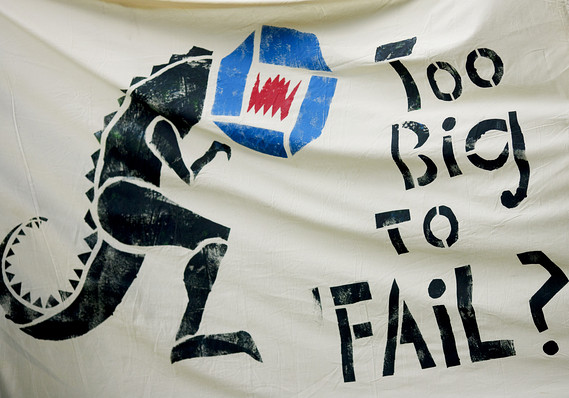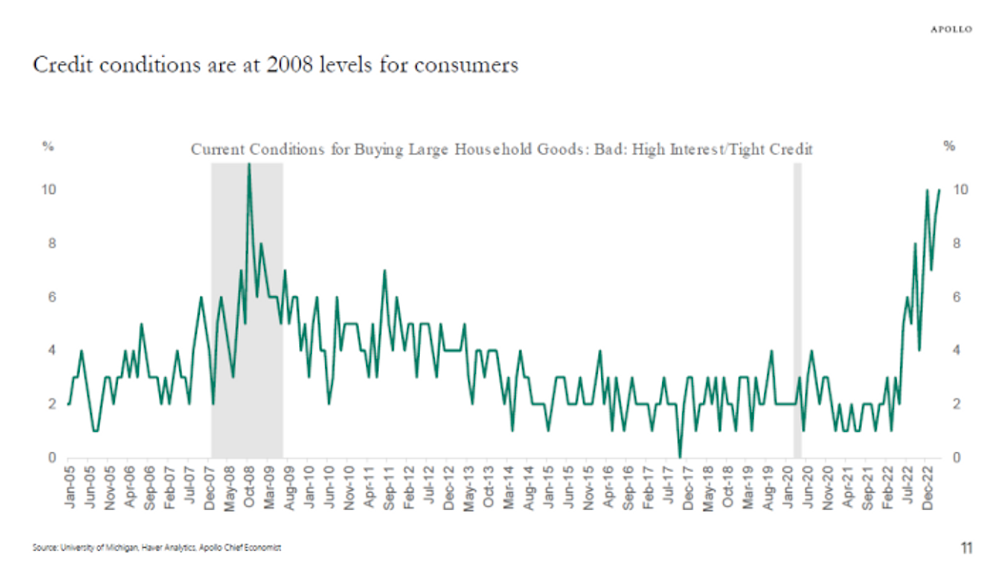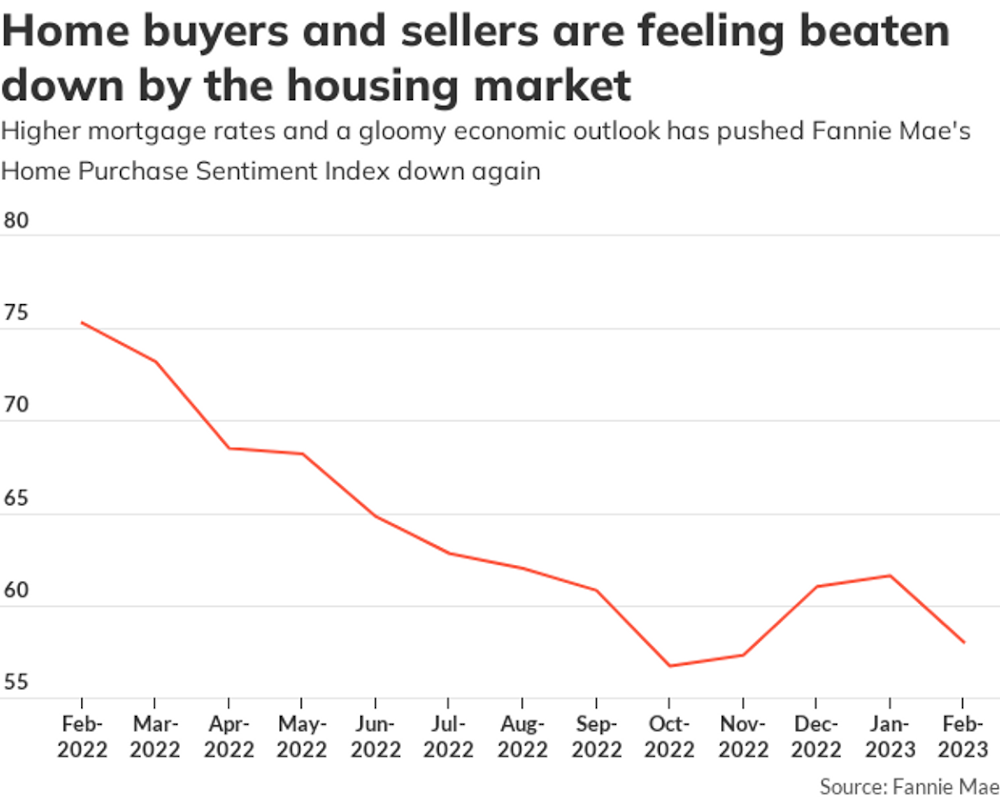Welcome
stock market phases theorem.
Chief Artificial Intelligence.
Academic training in Fundamental Mathematics.
IA basada en Razonamiento Humano
Billie, Founder with academic training in Fundamental Mathematics and professional experience in Large Multinationals in the Information Technology sector, having held positions in high-level management positions, maintains that it is time to reduce Unproductive Public Expenditure and help the Private Sector in everything that is possible.
 (RTTNews) - The United States economy is on the mend and will continue to recover slowly in 2011 despite weakness in housing and tight credit conditions, a top official at the Federal Reserve noted Tuesday.
(RTTNews) - The United States economy is on the mend and will continue to recover slowly in 2011 despite weakness in housing and tight credit conditions, a top official at the Federal Reserve noted Tuesday.
 (RTTNews) - The United States economy is on the mend and will continue to recover slowly in 2011 despite weakness in housing and tight credit conditions, a top official at the Federal Reserve noted Tuesday.
(RTTNews) - The United States economy is on the mend and will continue to recover slowly in 2011 despite weakness in housing and tight credit conditions, a top official at the Federal Reserve noted Tuesday.


















1 comentario:
Fed's Kocherlakota: "2011 Will Be A Better Year Than 2010"
(RTTNews) - The United States economy is on the mend and will continue to recover slowly in 2011 despite weakness in housing and tight credit conditions, a top official at the Federal Reserve noted Tuesday.
And while the jobs situation is unlikely to improve rapidly this year, Minneapolis Federal Reserve President Narayana Kocherlakota suggests the broader economy is getting back on solid ground.
"From the point of view of the macroeconomy, 2011 will be a better year than 2010," Kocherlakota said in a speech to the Wisconsin Bankers Association in Madison.
Kocherlakota expects that real GDP growth will probably be closer to 3 percent than 4 percent in 2011, up slightly from the 2.8 percent growth he predicts will be calculated for 2010.
A number of headwinds will prevent a more robust recovery, said Kocherlakota, a voting member of the Federal Open Market Committee.
For one, households will hold off on purchases in order to rebuild lost net worth.
"The decline in household net worth, precipitated by falls in land values, was a key factor in generating the severity of the Great Recession," he said. "It will remain important in the recovery."
Also, lenders identified as "problem banks" by the FDIC are less likely to finance small businesses and other entrepreneurial activity.
While he expects loan demand to rise as the economy improves this year, " banks with poor asset quality will continue to focus on capital preservation rather than loan expansion. "
Turning to the jobs market, Kocherlakota welcomed December's drop in unemployment to 9.4 percent, but warned that this single data point does not signal a rapid recovery in labor markets.
"I do not believe that either unemployment or employment will improve rapidly in 2011," Kocherlakota said.
He agreed with FOCM forecasts calling for unemployment to remain above 9 percent throughout 2011.
"Even more troublingly, I expect too that unemployment is likely to be higher than 8 percent as late as the end of 2012," he warned.
Inflation remains "extraordinarily low," according to Kocherlakota, who is known for his support of the Fed's $600 billion asset purchase plan announced back in November.
Kocherlakota cautioned that if disinflationary trends continue, a deceleration of the same magnitude in 2011 would drive inflation into negative territory
However, he expressed optimism that optimistic that inflation will pick up in 2011.
The Minneapolis Fed forecasting model predicts that, by the end of 2011, inflation will be between 1.5 and 2 percent.
The Fed has dropped interest rates to effectively zero since the economic collapse of 2008, and with inflation in check most economist expect policy makers to keep rates at record lows through at least the first half of 2011.
"I believe that the size of this shock meant that this recession was going to be a painful and challenging one, regardless of the policy response. Nonetheless, it is clear to me that the recession and its subsequent recovery would have been significantly worse in the absence of the actions of the Federal Reserve," Kocherlakota concluded.
Publicar un comentario